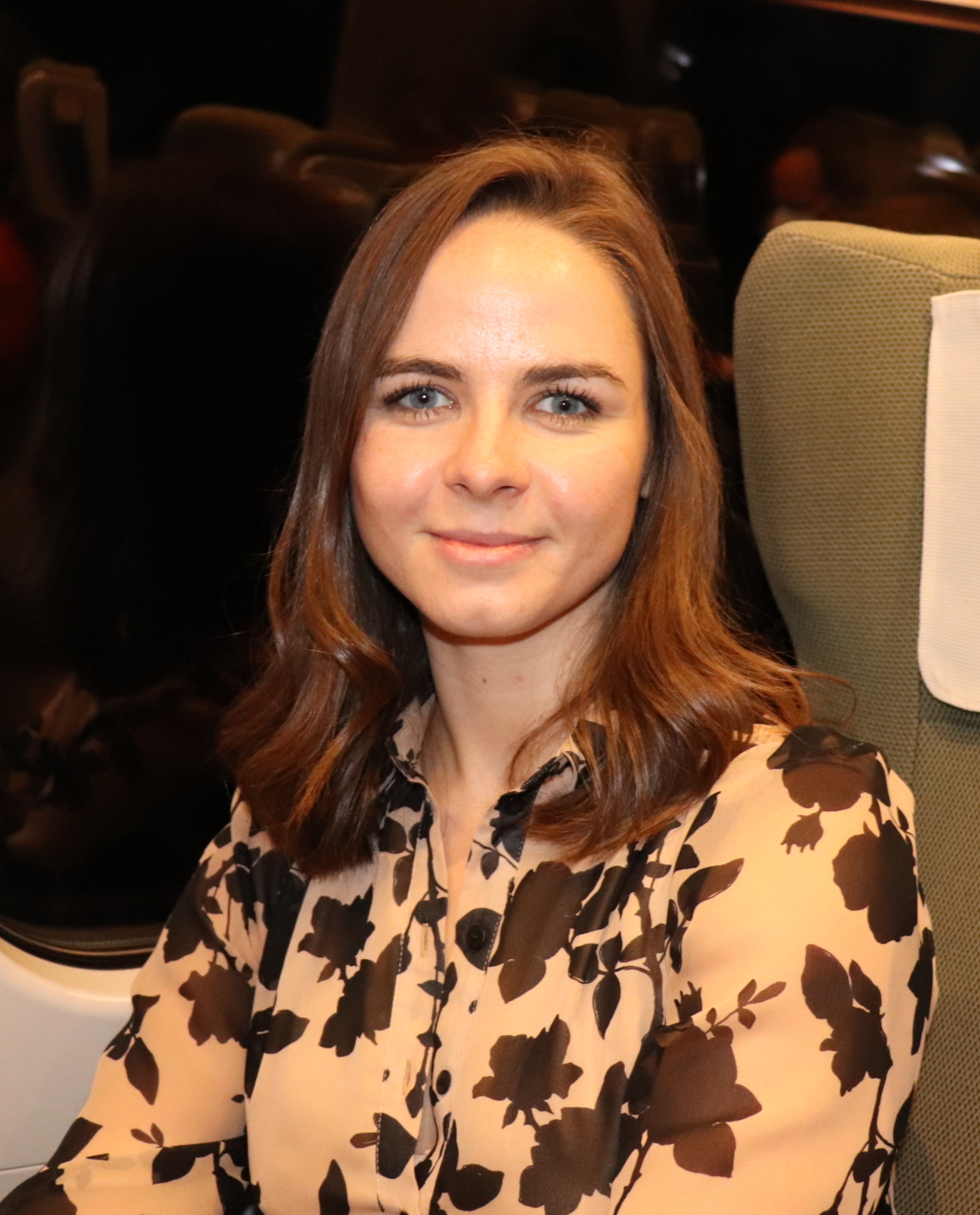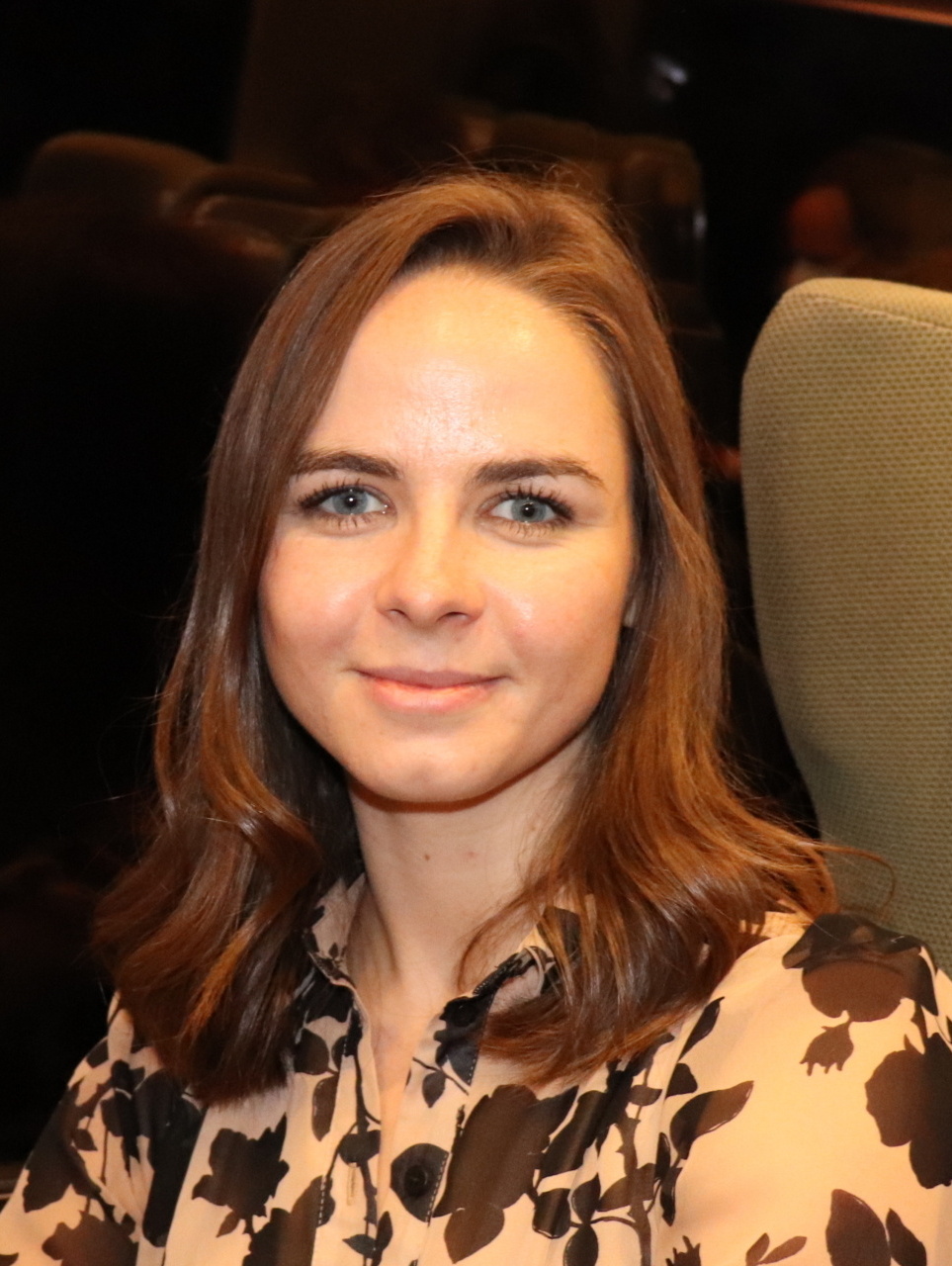EUKI Interview with Climate and Economic Journalist Eva Frantová
by Tanja Maximow, GIZ/EUKI
Eva Frantová ist eine slowakische Journalistin aus Bratislava. Sie arbeitet bei der Tageszeitung Denník SME im Wirtschaftsressort und berichtet zu Klima- und Energiethemen. Eva ist Alumni des EUKI Projekts Klima- und Energiestipendium für Journalisten aus Mittel- und Osteuropa, welches von den Internationalen Journalisten-Programmen (IJP) durchgeführt wird. Das Interview fand am Rande des Energy and Climate Media Dialogues in Polen statt.

What motivated you to take part in the IJP Energy and Climate Media Dialogue in Poland?
In Slovakia, the coal phase-out affects around 700 workers. In Poland however this figure is substantially higher. Furthermore, Poland’s energy supply is largely dependent on coal. I’ve been meaning to do some research into the situation in Poland for a while now and find out what projects are planned for coal phase-out and what re-training programmes the country has in line for former coal-sector workers. I’m also interested in the energy alternatives Poland wants to use to balance out its phase-out of coal. Will it be renewable or nuclear energy? That’s why I went to Poland, to find out.

You’re an economics journalist – how did you become part of the IJP climate programme and what kind of experience have you gathered?
A colleague called my attention to it. At the time, I was still working as an editor for various newspapers in Slovakia. Since I like meeting people from all over the world and establishing contacts with other journalists, I decided to apply for the scholarship. In 2019 I went to Berlin for two months to work in the economic affairs section of the German daily Die Welt. In addition, I reported on climate protests in Berlin for Slovakian print media, like the Slovakian Forbes magazine.
How did the IJP programme and your work for Die Welt influence you professionally?
In addition to my work for Die Welt, various seminars and networking events took place during my stay. Here I met people who are engaging in many different ways with the issues and impacts surrounding climate change. These exchanges made me realise how important it is to communicate climate topics in a manner that is appropriate to the target group. When I got back to Slovakia, I turned my professional career on its head and started working in the economics section and reporting on climate and energy topics. In the meantime, I’m now in charge of the topics of climate, climate change and energy at our newspaper. The IJP bursary basically changed my career.
Which climate changed-related topics are currently at the fore in Slovakia?
People in Slovakia are currently concerned about a lot of areas that will be affected by climate change. First on the list is the question of where we will get our power from. Slovakia generates most of its electricity at nuclear power plants. There is currently a debate about whether we should continue to use nuclear power as our main source of energy. I think that, for the time being, we will continue to use gas and nuclear power because it will be very difficult to generate all our energy from renewable sources immediately.
The phase-out of coal is also in full swing. Slovakia has decided to end coal burning by 2023. Financial resources from the Just Transition Fund and the Modernisation Fund will be harnessed to assist the coal-producing regions with phase-out and to support local people with retraining.
Another pivotal issue is the economy. Many German car-making companies are based in Slovakia. Slovakia’s GDP is almost completely reliant on the automotive sector. Vehicle electrification is ushering in some big challenges for the automotive industry, seeing as the entire branch has to switch from combustion engines to electric cars. And companies that manufacture cars and supply parts in Slovakia will not be exempt from this paradigm shift. They have to switch, too.
As part of the Fit for 55 package, the emissions trading system for the buildings sector is now under discussion; among other things, this includes the energy-efficient refurbishment of buildings. We will use about half a billion euros from the stimulus package to rebuild family homes.
Thank you for the interview.

